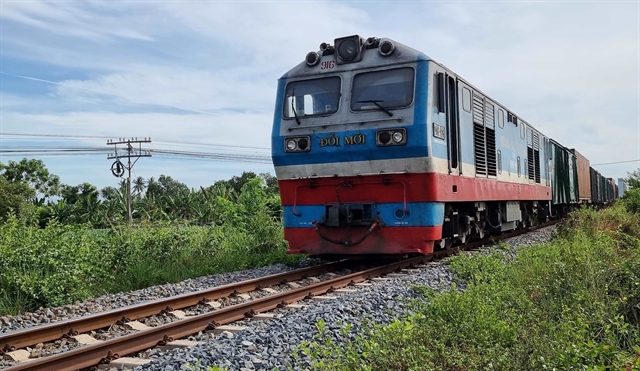 Economy
Economy
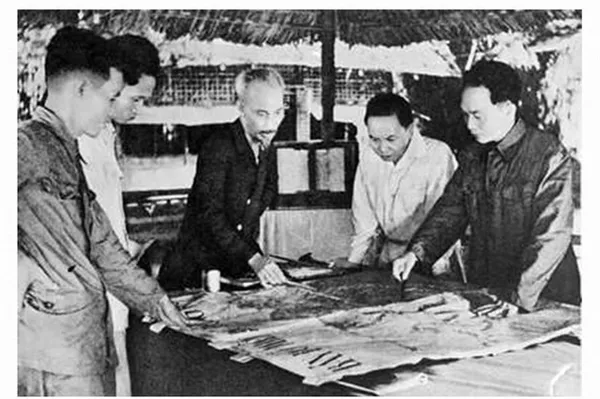
The capital city of Hà Nội needs to have a more efficient mechanisms and create a more favourable business environment, attracting large enterprises to develop key industrial products, according to many experts.
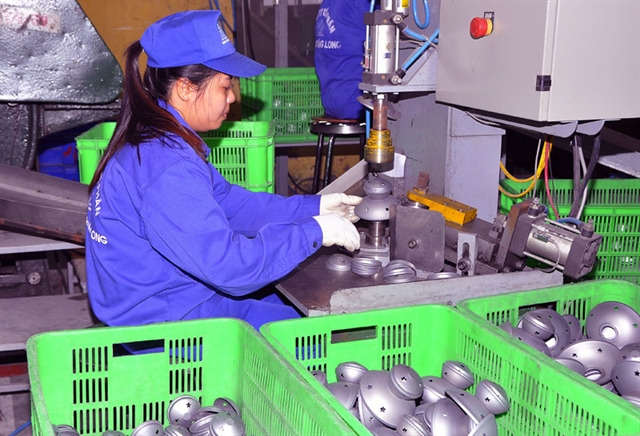
|
| Production at the Thăng Long Metal Joint Stock Company, one of the key industrial product manufacturing enterprises in Hà Nội. — Photo kinhtedothi.vn |
HÀ NỘI — The capital city of Hà Nội needs to have a more efficient mechanisms and create a more favourable business environment, attracting large enterprises to develop key industrial products, according to many experts.
Vice Chairman of Hà Nội People's Committee Nguyễn Doãn Toản said Hà Nội does not have attractive mechanisms and policies to encourage large enterprises to Hà Nội’s programme of manufacturing key industrial products.
Therefore, in the future, the Hà Nội Department of Industry and Trade will introduce specific mechanisms and policies for enterprises whose products are recognised as key industrial products. The municipal State agencies will also promote further administrative reforms.
Toản has also proposed the Department of Home Affairs and the Department of Industry and Trade to establish the Hà Nội Association of Enterprises Manufacturing Key Industrial Products.
“This association will create favourable conditions for the community of enterprises producing key industrial products to exchange and learn among them and set up a production and consumption chain,” Toản was quoted as saying by the Kinh tế & đô thị (Urban & Economy) newspaper.
“This is also an important information channel for the city to receive recommendations and proposals of those enterprises, thereby eliminating difficulties.”
To enhance the competitiveness of the city's key industrial products, the city’s industrial sector expects to have more high-tech products, contributing to boosting economic growth.
Hà Nội’s key industrial products should have brands recognised and join the national value-added chain. To reach those targets, it needs to focus on choosing priority sectors in which investments will be poured in to develop technology for production, said Trần Đình Thiên, former director of the Vietnam Economic Institute.
Lê Hồng Thăng, director of Hà Nội Department of Industry and Trade, said to help enterprises develop key industrial products, Hà Nội will strengthen its support for enterprises in building brands and improving management capacity, transferring technology and scientific research, and training human resources to increase productivity and quality as well as to reduce production costs. Those activities will improve the competitiveness of key industrial products.
Hà Nội will continue to streamline administrative procedure reforms in all sectors, including tax and customs, Thăng said.
Hà Nội must identify new industrial products which are suitable for its long-term development plan for key industrial products, said Phạm Hòa Bình, chairman of Hà Nội Textile Industry Joint Stock Company.
The Hà Nội Department of Industry and Trade said in the two years of 2018 and 2019, Hà Nội has had more than 90 products recognised as key industrial products, holding about 42.9 per cent of total industrial production revenue and having a total export value of VNĐ11.6 trillion.
However, many of those products are unable to compete in the market and the enterprises producing them are unable to promote consumption, according to the experts.
Deputy General Director of Thăng Long Metal Joint Stock Company Lê Chí Liêm said many enterprises have manufactured supporting products for Honda Vietnam but they have not cooperated to create a production chain.
Thiên said the key industrial products are mainly processed but not manufactured, and have depended on imported raw materials. Low levels in labour productivity, qualification of labour and management staff mean those products are not competitive.
Besides that, enterprises manufacturing key industrial products face difficulties in many fields, such as tax, land, capital, production facilities and administrative procedures, so they struggle to join production chains of big foreign brands and corporations, Thiên said. — VNS


.jpg)

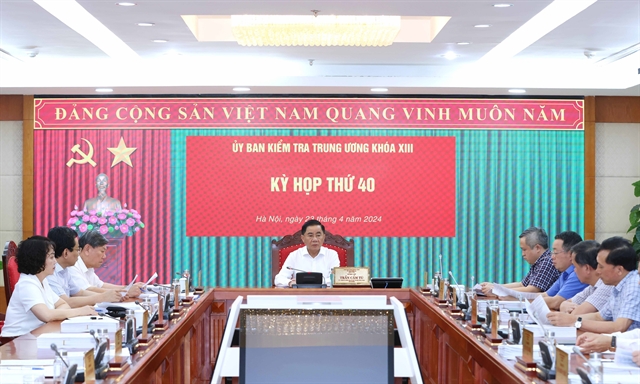
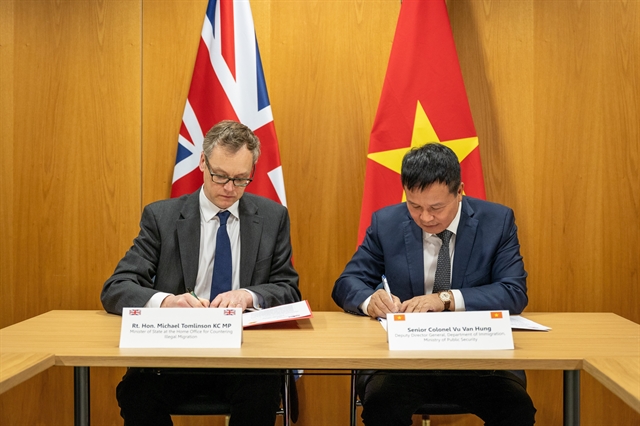


.jpg)
